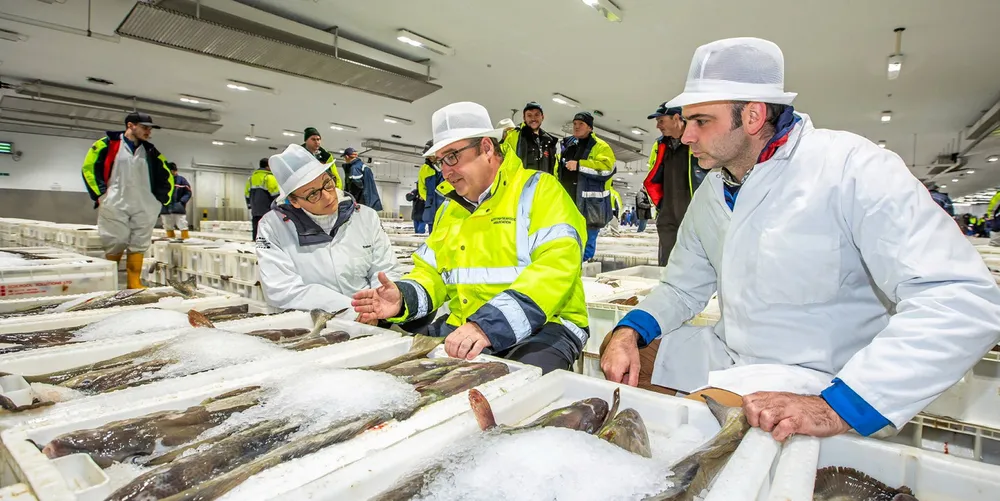UK industry lashes out at NGO's seafood sustainability rankings as 'utterly laughable'
The group's labeling of certain species as 'fish to avoid' is being harshly criticized.

The group's labeling of certain species as 'fish to avoid' is being harshly criticized.
